Clipse’s Let’s God Sort Them Out On Their New Offering
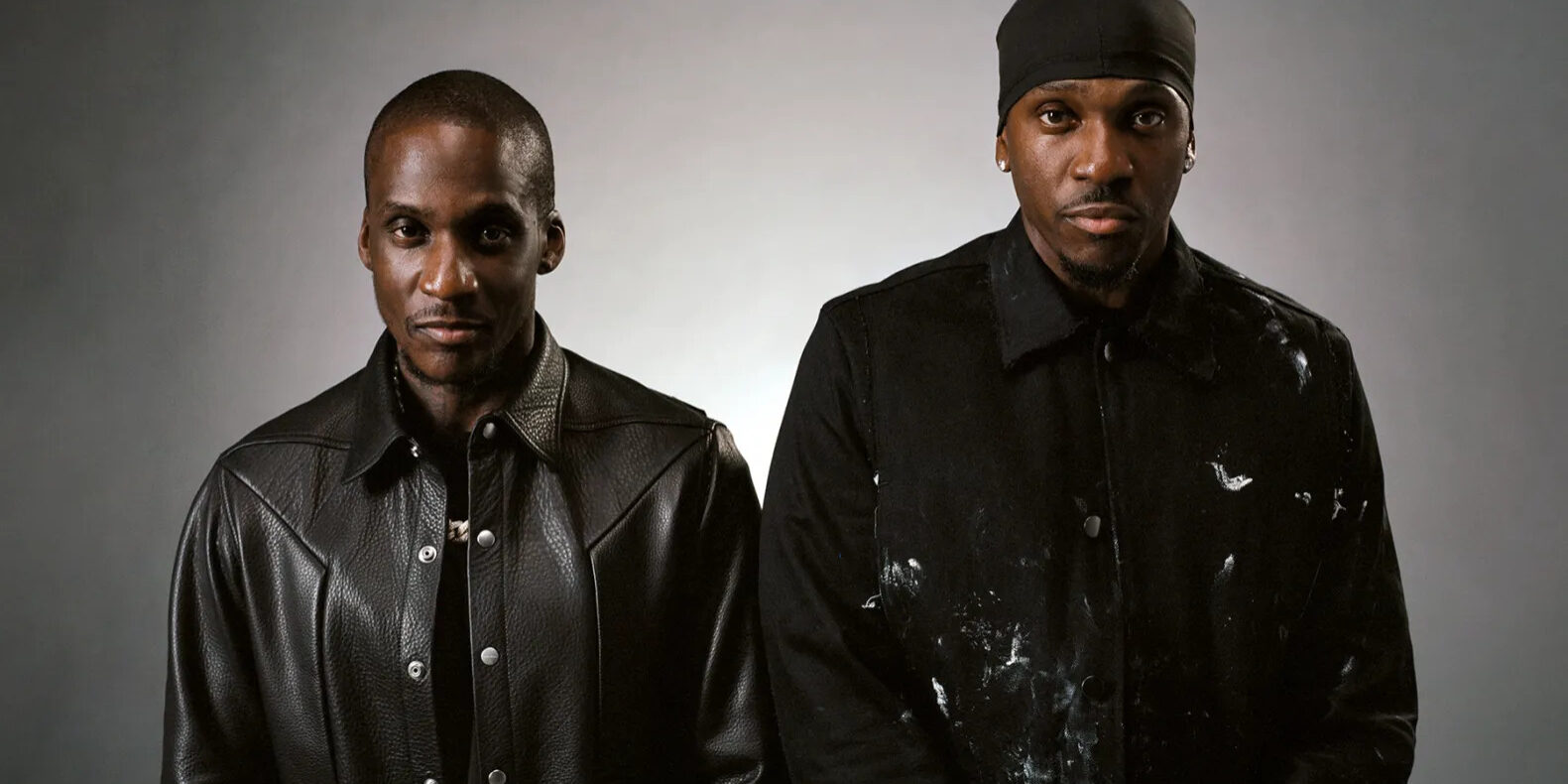
After years of silence, whispers, and solo ventures, Clipse have emerged from the shadows to deliver Let God Sort Them Out—a haunting, spiritual, and elite rap sermon. Pusha T and Malice aren’t just back—they’re elevated. This album isn’t about nostalgia. It’s a mission. A statement. A reckoning. From the grief-heavy opener to Pharrell’s holy production and verses laced with regret, elitism, and divine vengeance, Let God Sort Them Out is a cinematic body of work that redefines the duo for a new era—without compromising an ounce of what made them legendary.
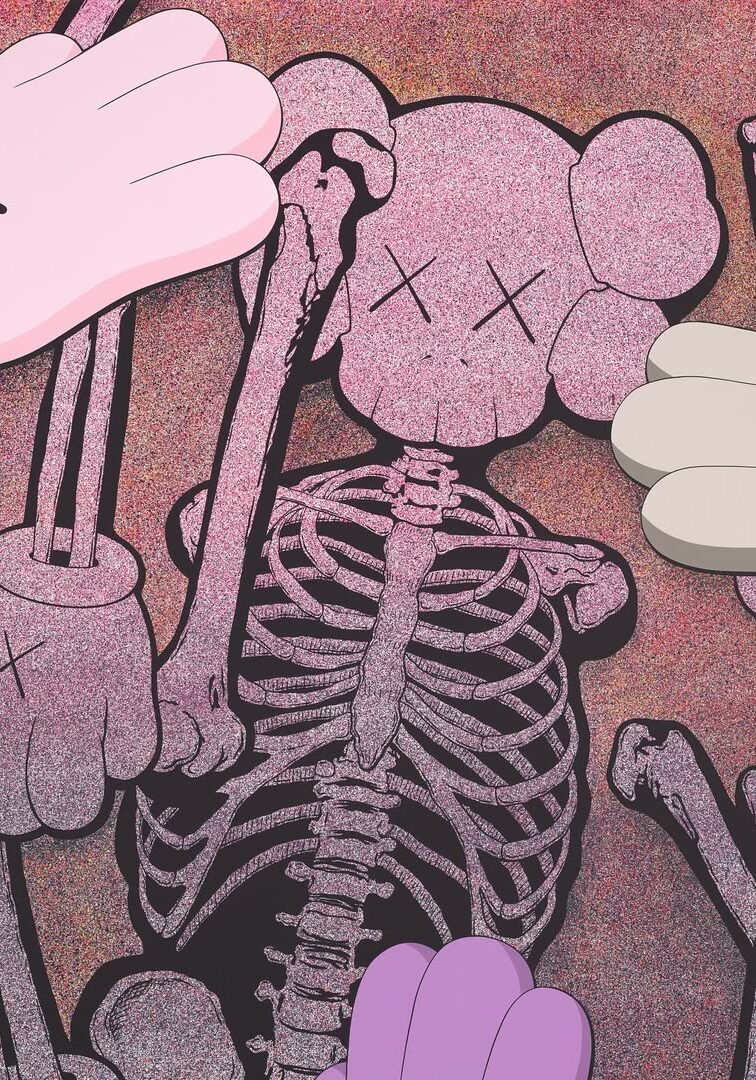
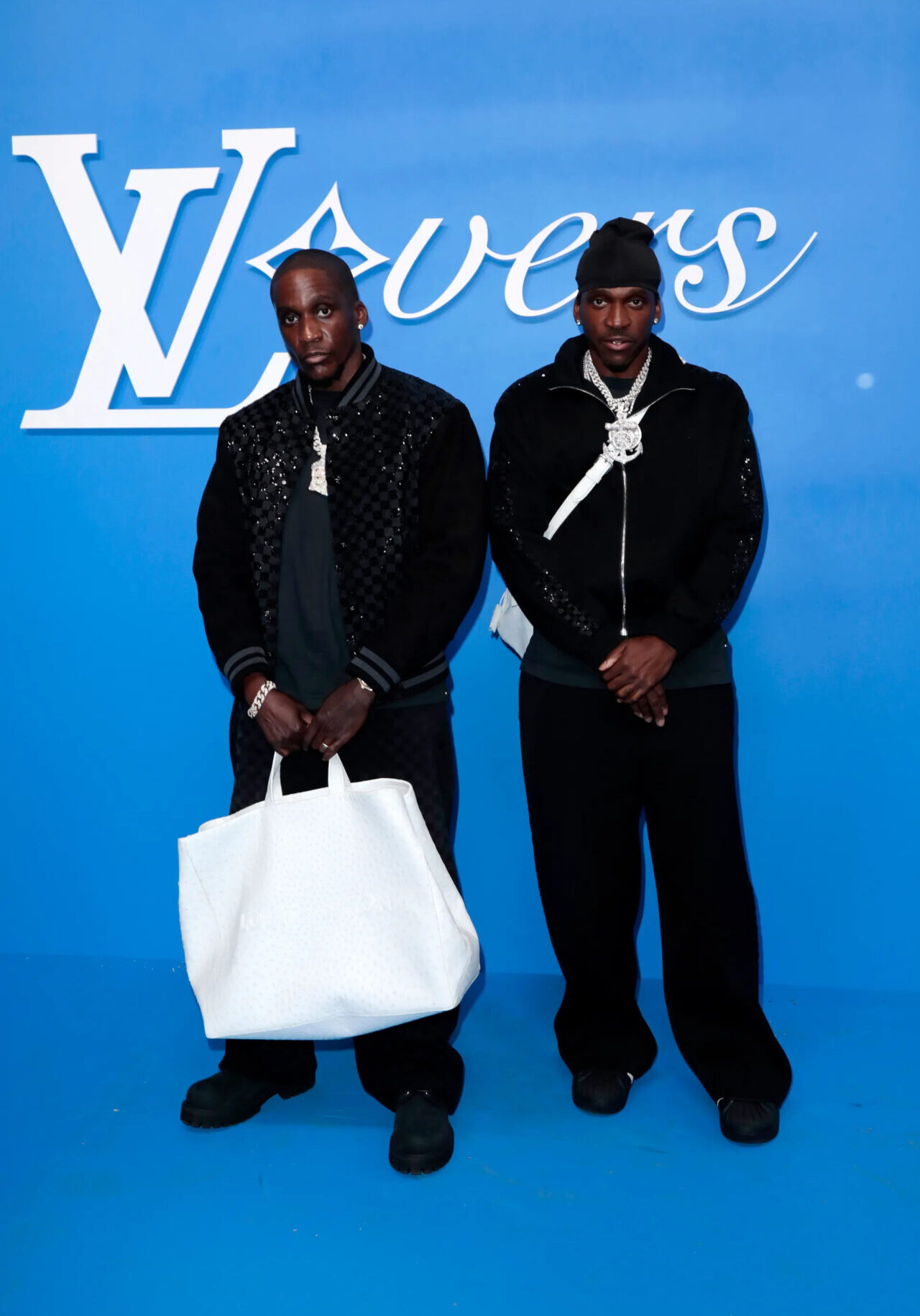
The rollout was clean, cold, and coded—an art piece in itself. Stark billboards. Biblical quotes. Silent tension. And then came the Carhartt WIP capsule collection—a fashion collaboration rooted in grit, faith, and function. This wasn’t merch—it was a uniform for disciples of the doctrine. With earth tones, militant cuts, and embroidered scriptural references, it echoed the album’s mood: rugged, sacred, and uncompromising.
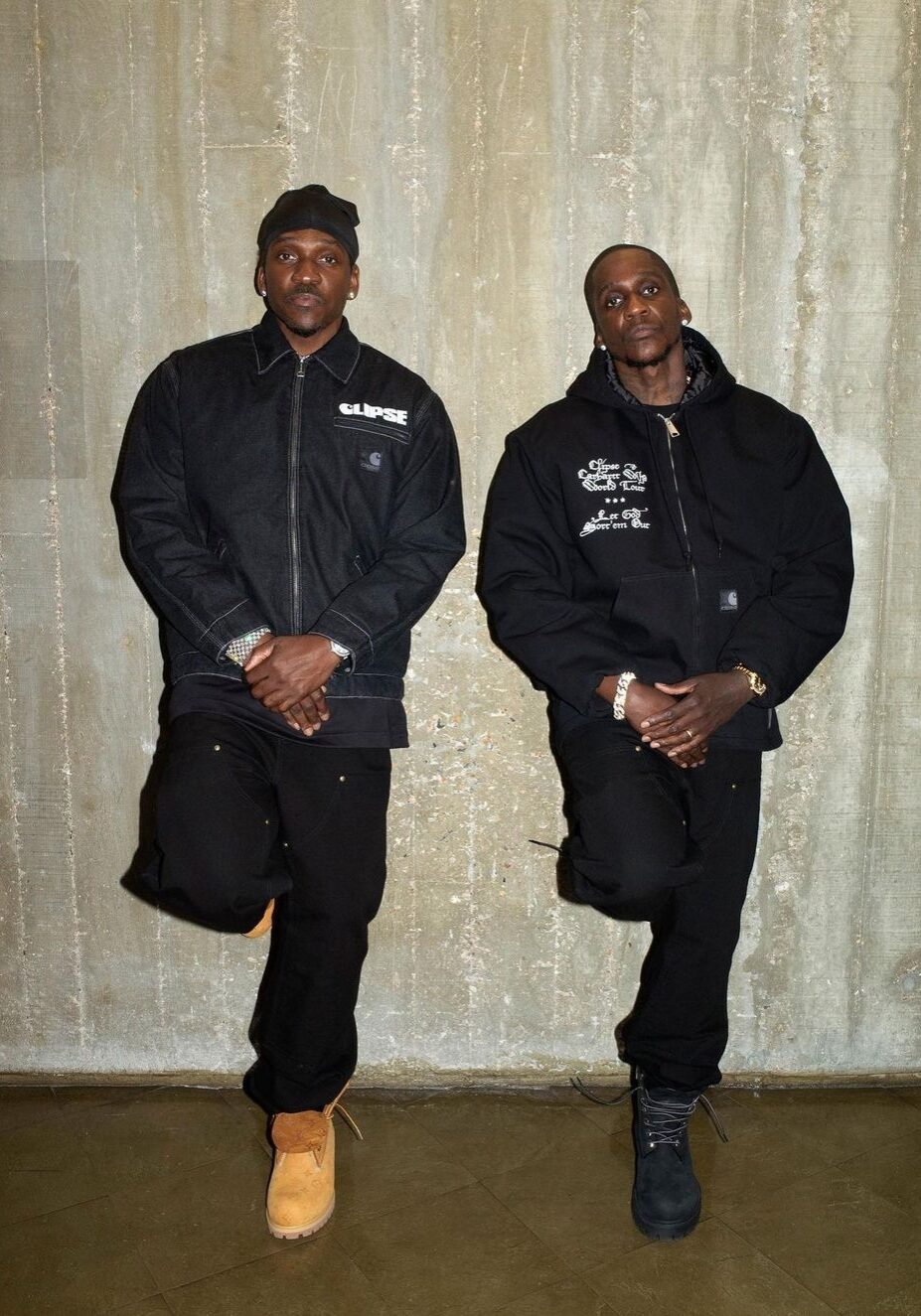
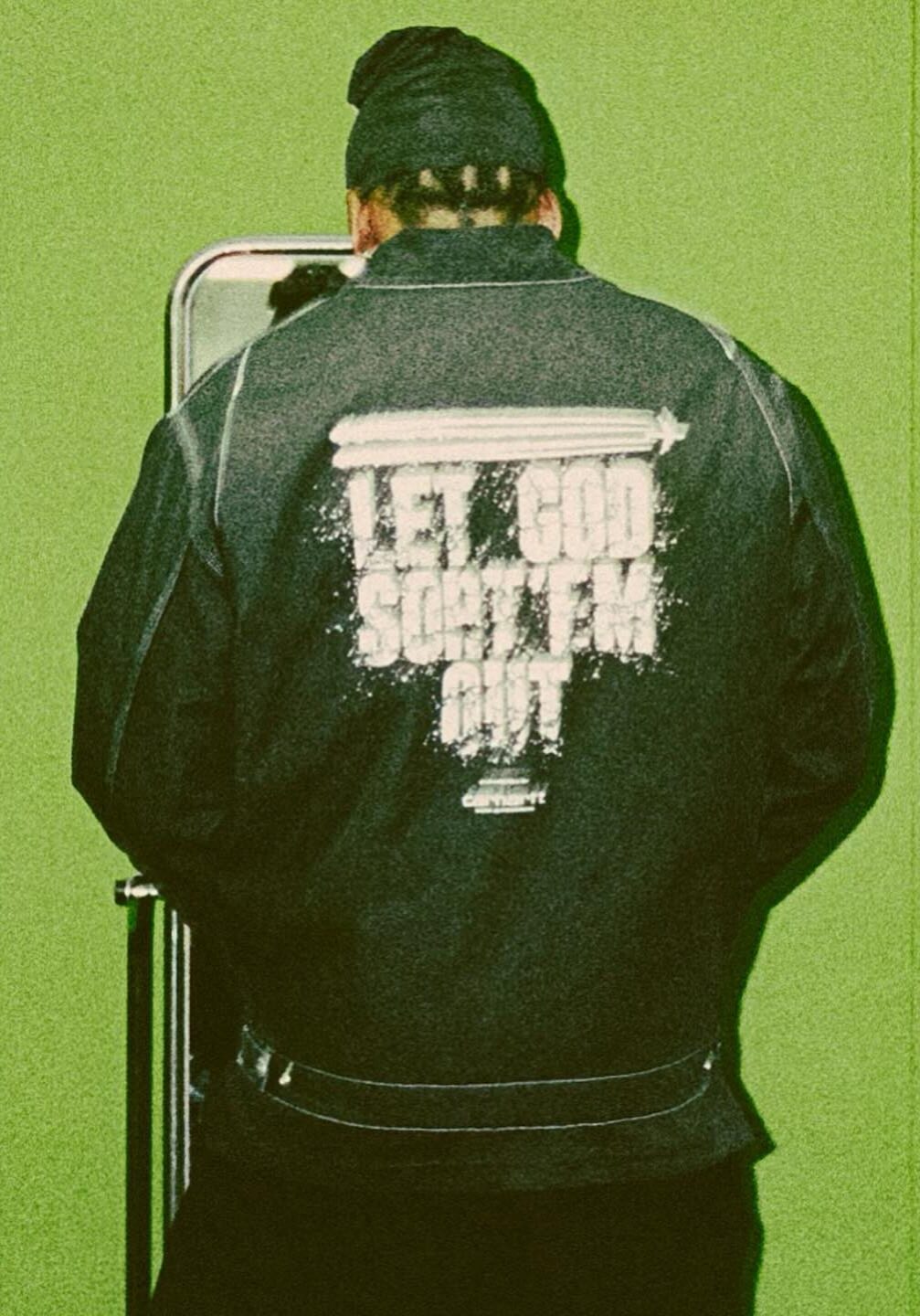
Pharrell’s production feels god-tier on this project—no exaggeration. It’s minimalist but layered, soulful yet sinister. There’s gospel buried in the drums, grief in the samples, and tension in every empty pocket of space. His beats let the verses breathe—and sometimes suffocate. This is his most spiritual, cinematic work since Hell Hath No Fury, and maybe even beyond.
Pusha T raps like the world ended and he kept the receipts (he just won’t TMZ them). His pen is venomous, soaked in expensive references and the scars of survival. But what makes him different now is the distance—he’s above the fray, narrating the fallout with icy detachment. His villain arc is complete. He’s no longer proving—he’s declaring. With surgical precision, Push makes elitism sound like a necessity, like anything below supreme opulence is subpar.

The return of Malice is the album’s soul. He raps like a man who’s seen the light and still hears the echo of darkness. His voice cuts through with conviction, balancing reflection with rawness. There’s no preaching—just presence. He doesn’t need to rap. He chooses to, and that intention gives his verses weight (not the drug kind). Every bar sounds like scripture, delivered from a man who knows both heaven and hell too intimately.
Most albums start with energy. Clipse start with grief. The first track feels like mourning and a celebration of life. The duo deliver a heartfelt tribute to their late parents in the most classy way. John Legend delivers a heartfelt hook to marry the two rap verses beautifully.

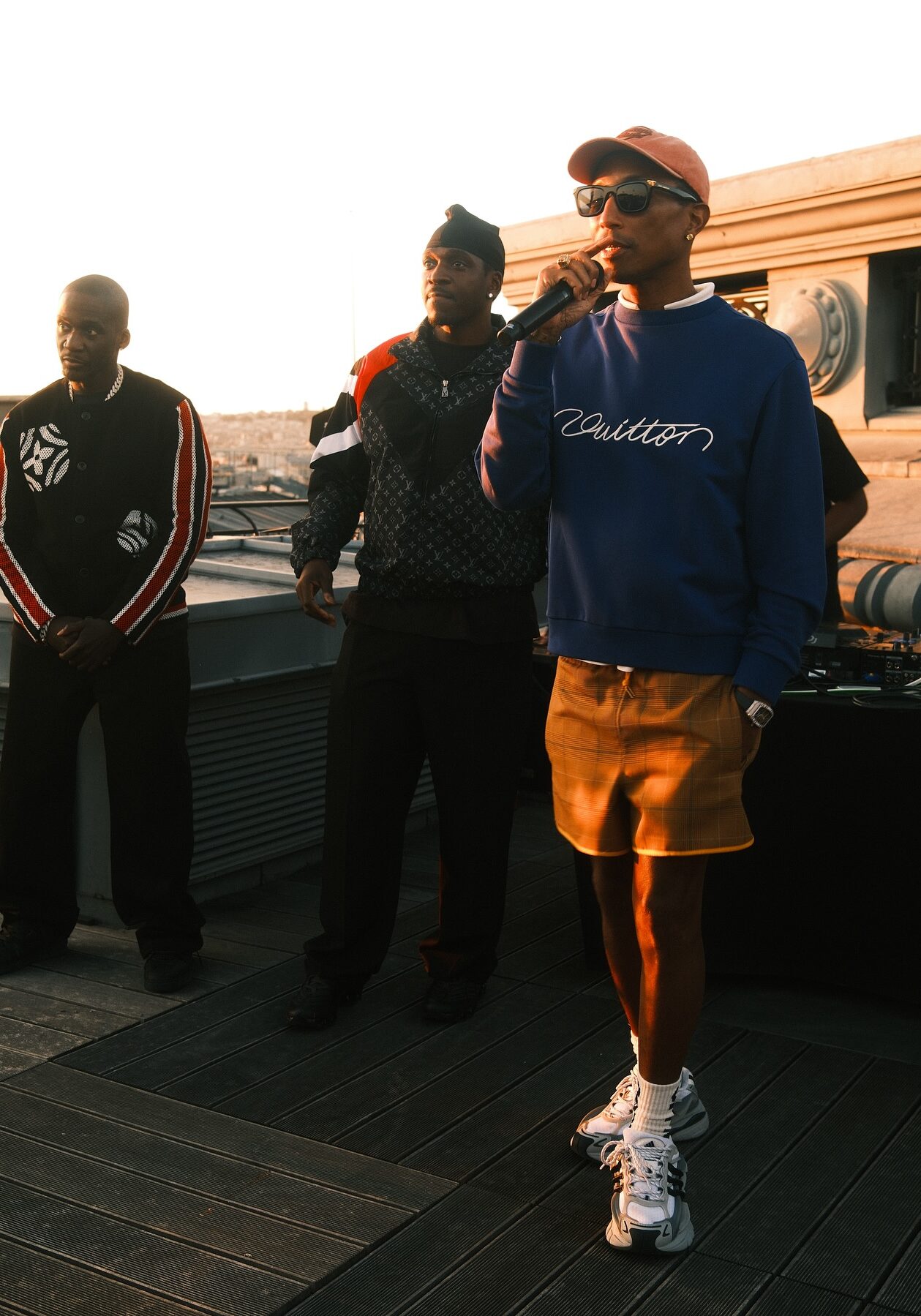
The features aren’t just features—they’re chosen prophets (we rocking with a Godly theme here lol) Kendrick Lamar delivers a verse that is cryptic, cutting, and cosmic. He meets Clipse in that sacred space between survival and salvation. Tyler, The Creator brings his sharp tongue and opulent flair, and compliments Pusha’s judgmental tone with his talk on the modern day tricking behaviour. Nas shows up like a wise elder, his bars aging like gospel—equal parts legacy and warning. John Legend delivers a mournful hook that feels like church, beautiful. Ab-Liva, a Re- Up Gang day one, reclaims his place with bars that still sting and swing with venom. No filler. No trend-hopping. Just real ones.
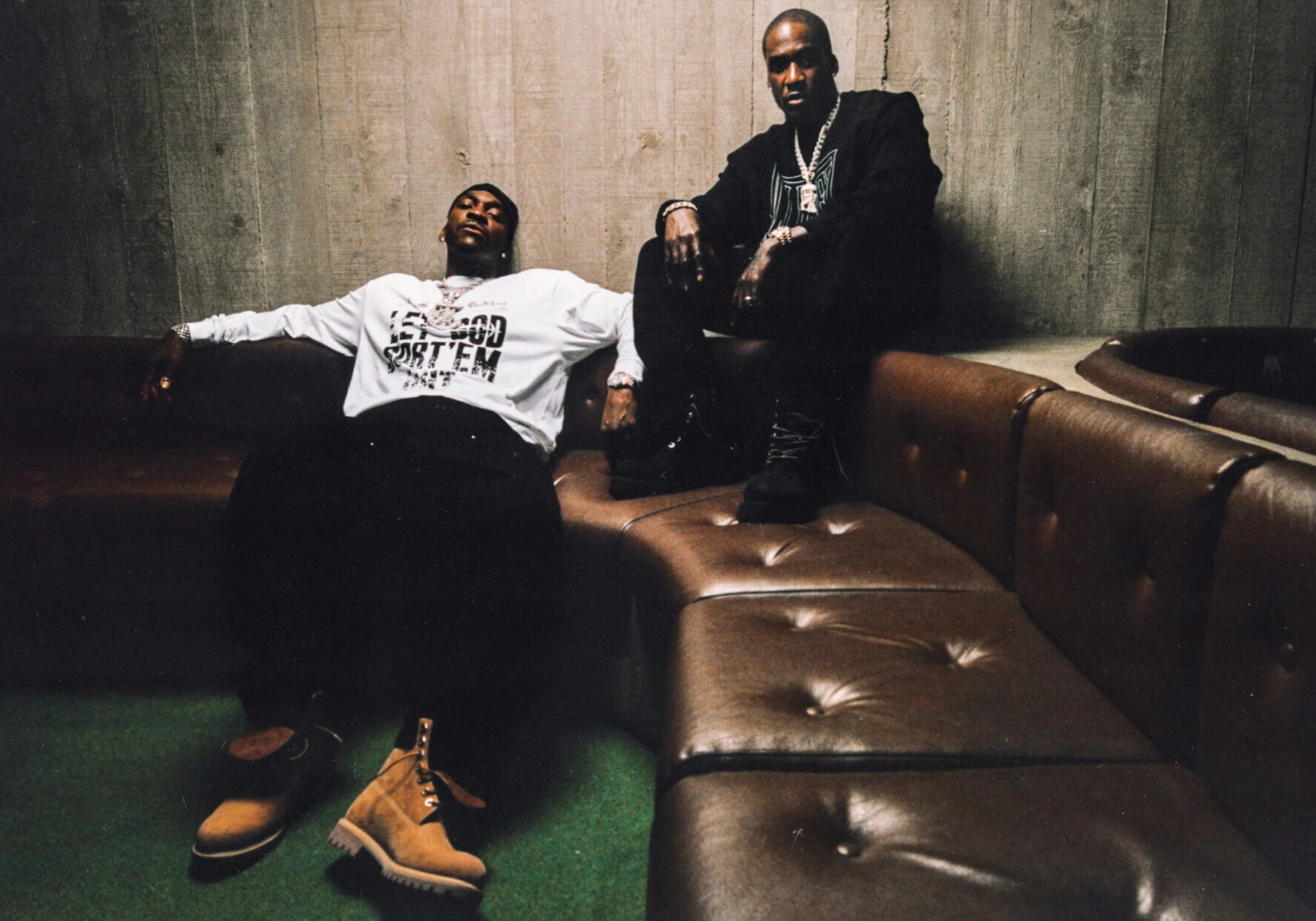
Let God Sort Them Out is an album that rewards patience, knowledge, and taste. It doesn’t chase charts—it builds altars. It’s Clipse at their most evolved: spiritually torn, lyrically elite, brutally honest and respectful to hip hop culture.
In an industry full of noise, they’ve delivered something rare—a full-body spiritual experience in rap form. No gimmicks. No shortcuts.
Let the debates rage. Let the critics write.
Let God sort them out.
